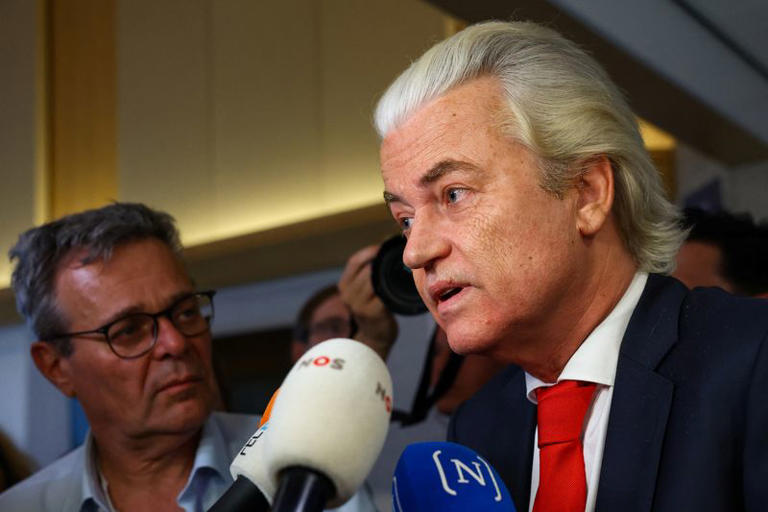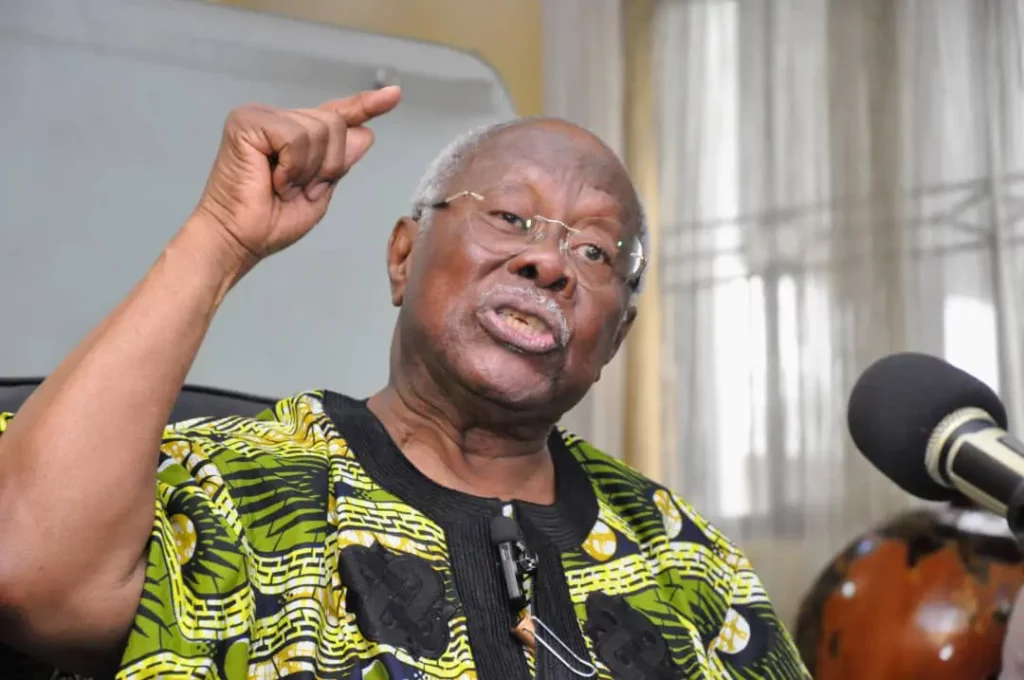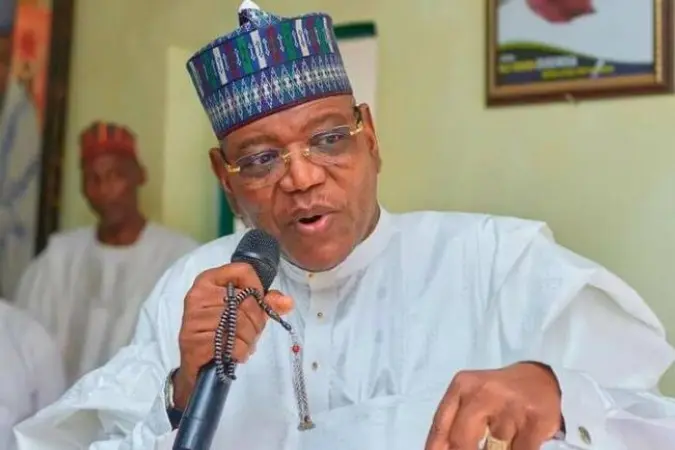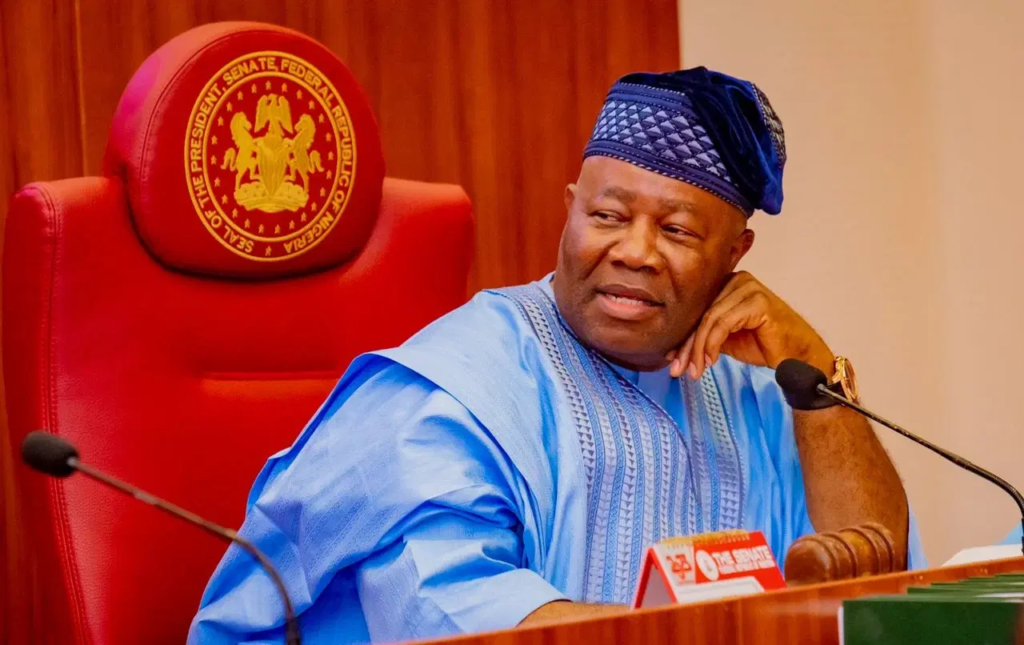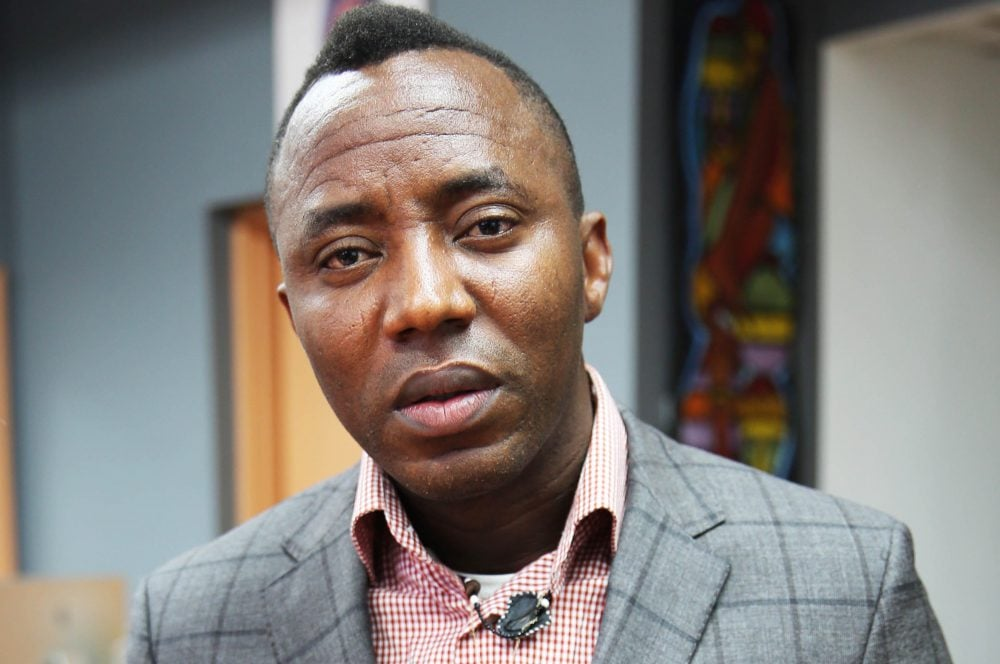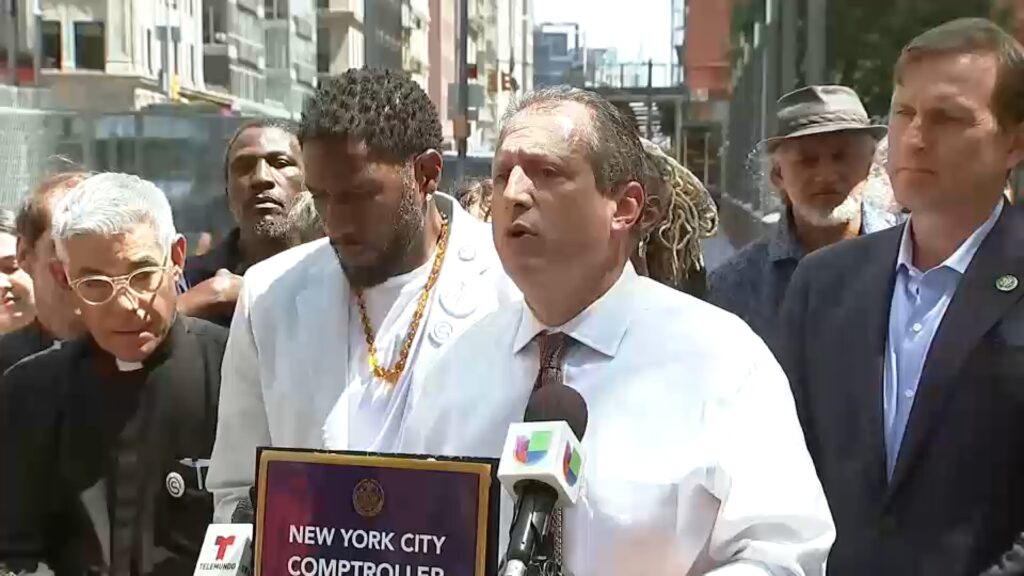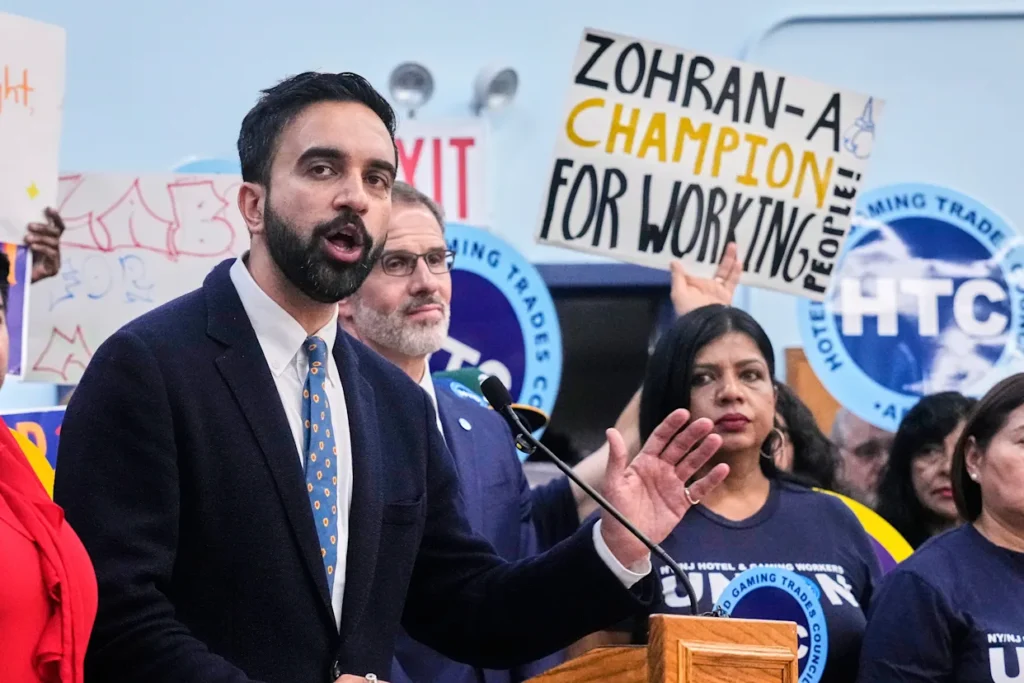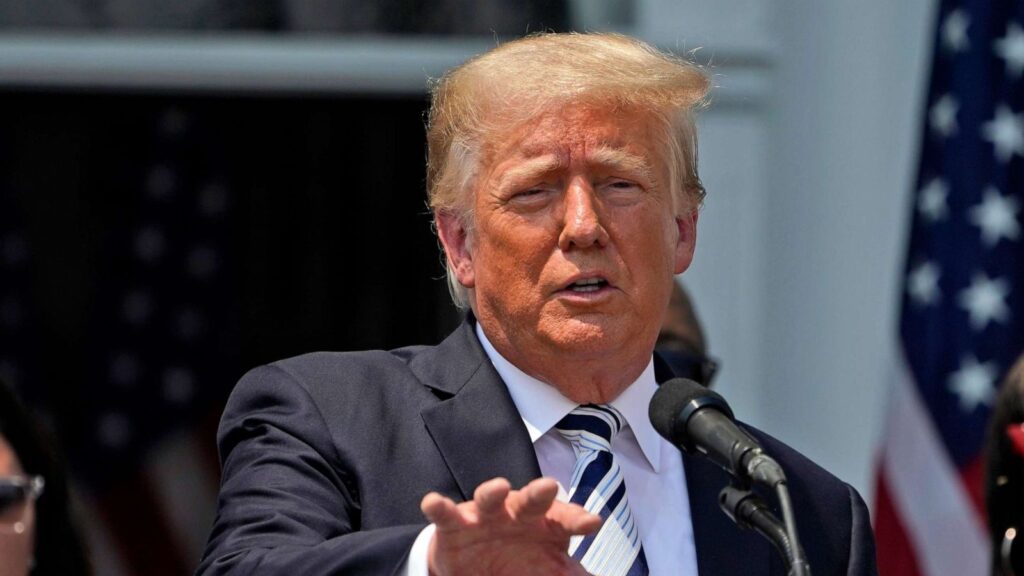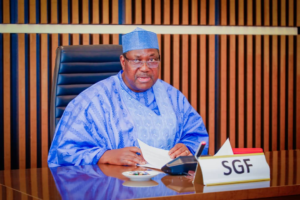The Dutch government is on the brink of collapse after far-right leader Geert Wilders announced the withdrawal of his Freedom Party (PVV) from the ruling coalition, citing opposition to his hardline asylum proposals.
The unexpected move is likely to bring down the fragile right-wing government and trigger early elections, sending shockwaves through the Netherlands and potentially influencing political dynamics across Europe.
“No signature under our asylum plans. The PVV leaves the coalition,” Wilders posted on X (formerly Twitter), confirming that all PVV ministers would resign effective immediately. He said he had already informed Prime Minister Dick Schoof of the decision.
Schoof, a non-partisan technocrat who was installed as prime minister after Wilders failed to form a government following last year’s general election, has yet to respond publicly. His administration, a coalition of four conservative parties, took office in July 2024 and has struggled with infighting and policy gridlock from the outset.
The collapse of the government now appears imminent, and a snap election is widely expected. Political analysts say the instability threatens to derail key national initiatives, including a long-delayed plan to boost defense spending in line with NATO requirements. The timing is particularly sensitive, as the Netherlands is set to host a major NATO summit in The Hague later this month—potentially under the leadership of a caretaker government.
Wilders’ exit adds to a broader trend of political turbulence across Europe, where nationalist and far-right movements are gaining momentum. In Poland, nationalist candidate Karol Nawrocki narrowly won the presidency this week, while in the Czech Republic, eurosceptic opposition leader Andrej Babiš is currently leading in polls ahead of October’s election. However, Romania recently bucked the trend when centrist mayor Nicușor Dan scored an unexpected presidential win over a nationalist challenger.
Wilders’ coalition partners reacted with anger and disbelief, accusing him of abandoning the government during a critical period.
“There is a war on our continent. Instead of meeting the challenge, Wilders is showing he is not willing to take responsibility,” said Dilan Yeşilgöz, leader of the center-right VVD.
Nicolien van Vroonhoven, head of the centrist NSC party, echoed the criticism: “It is irresponsible to take down the government at this point.”
Technically, the remaining coalition partners could attempt to continue as a minority government, but most observers believe that scenario is untenable. Opposition leader Frans Timmermans, who heads the Labour/Green alliance, said new elections are now unavoidable. “I see no other way to form a stable government,” he stated.
Although Wilders’ PVV emerged as the largest party in the November 2023 election, winning 23% of the vote, recent opinion polls show his support has slipped to around 20%—roughly tied with the Labour/Green bloc.
The latest political rupture follows Wilders’ demand last week for immediate approval of a controversial 10-point immigration plan. His proposals included closing the country’s borders to asylum seekers, deporting Syrian refugees, shutting down asylum shelters, expelling migrant offenders, and deploying the military to bolster border security.
Despite leading the largest party in parliament, Wilders did not become prime minister after the last election. Instead, he agreed to support a technocratic cabinet led by Dick Schoof, a former head of the Dutch intelligence agency AIVD.
With the coalition now shattered, the Netherlands faces a renewed period of political uncertainty—just as it prepares for critical domestic and international decisions.

